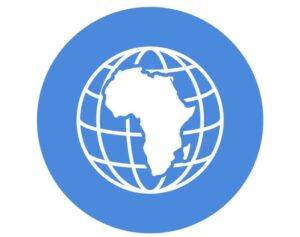The Economic Community of West African States (ECOWAS) is urging its member states to expedite the implementation of the ECOWAS National Biometric Identity Card (ENBIC) and abolish the 90-day stay requirement for community citizens moving between member states. The call is part of an effort to advance the second phase of the Free Movement Protocol, which aims to strengthen regional unity, peace, and security.

At the 45th ECOWAS Ordinary Summit, the Authority of ECOWAS Heads of State and Government decided to repeal the 90-day stay requirement. However, the decision has not been fully implemented due to a lack of information and political will, delaying the realization of the Right to Residency aspect of the Free Movement Protocol.
Mr. Albert Siaw-Boateng, representing the Commissioner for Economic Affairs and Agriculture at ECOWAS, stressed the need for preparedness against unexpected migration challenges, such as those experienced during the COVID-19 pandemic. He called for a review of the Free Movement Protocol and its Supplementary Acts to effectively address these challenges.
A technical meeting of the Border Management Thematic Working Group, held in Lagos, Nigeria, from May 30-31, was convened to enhance collaboration among technical working group members for enforcing regional migration policies. The meeting provided updates on the ENBIC implementation status and endorsed a Common Position on abolishing the 90-day stay limitation, outlining a roadmap for implementation.
Border management experts from various countries attended, emphasizing the adoption of the ENBIC as a crucial step towards achieving free movement within ECOWAS. Specific recommendations were made to harmonize policies and address challenges in implementing the ENBIC and abolishing the 90-day stay limitation.
In a related development, ECOWAS has partnered with the German cooperation (GIZ, for “Deutsche Gesellschaft für Internationale Zusammenarbeit”) to launch an initiative aimed at empowering women groups in border communities. The initiative seeks to enhance the accessibility and acceptability of the ENBIC, thereby easing mobility and trade within the region.
The pilot phase took place at the Sene-Gambia Zone, focusing on women at the Mpack border between Senegal and Guinea-Bissau. During engagements with border operatives and women’s group representatives, a delegation addressed the challenges faced by women at borders and facilitated the issuance of the ENBIC to these groups.
Source: News Ghana
–
June 6, 2024 – by Cass Kennedy








Follow Us